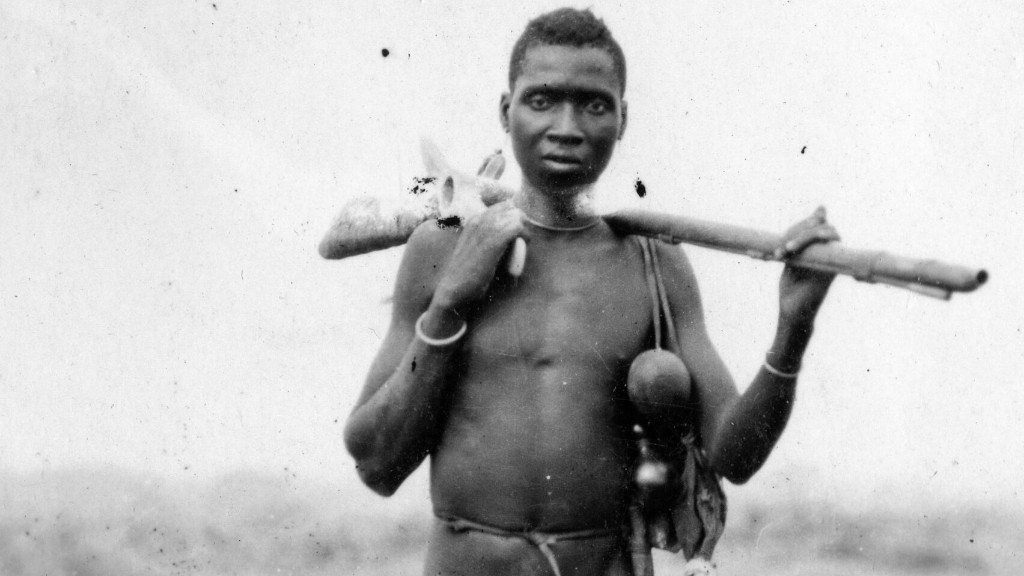Why Were African Tribes Colonies and Countries Easy to Conquer?
Throughout history, Africa has been a continent rich in diverse cultures and civilizations. However, when considering the colonial era, it becomes evident that African tribes, colonies, and countries were relatively easy to conquer. This article aims to delve into the reasons behind this phenomenon by exploring historical background, relevant data, and expert perspectives.
Background
The colonization of Africa by European powers in the late 19th century, known as the Scramble for Africa, was driven by several factors. These included economic interests, rivalry among European powers, and the belief in racial superiority. However, one crucial aspect that facilitated the conquest was the disunity and fragmentation of African tribes and nations.
Prior to colonization, Africa consisted of numerous small kingdoms, tribes, and communities with diverse languages, customs, and governing systems. This lack of political unity made it easier for European powers to exploit existing rivalries and establish their influence over certain regions.
Data and Perspectives
When examining the conquest of Africa, it is important to consider the numerical advantage and technological superiority that European colonizers possessed. For instance, the use of advanced weaponry such as rifles and artillery played a significant role in overpowering African tribes, which often relied on traditional weapons like spears and bows.
Moreover, data shows that European powers had a significantly higher population compared to the indigenous African tribes. This demographic disparity gave the colonizers an inherent advantage in terms of resources and manpower that allowed them to assert their dominance.
According to Dr. James Karioki, a historian specializing in African studies, “The power dynamics between the European colonizers and African tribes were heavily influenced by unequal access to resources and technologies. This, coupled with the fragmentation and disunity of African societies, created an environment that was conducive to European conquest.”
Insights and Analysis
Additionally, it is crucial to acknowledge the role of colonial tactics used by European powers. Divide and rule strategies were employed, exploiting existing societal divisions and animosities to weaken African tribes further. By supporting certain local leaders or ethnic groups, the colonizers established a power dynamic that favored their interests.
Furthermore, the imposition of colonial administrations and governance systems disrupted traditional social structures and governance mechanisms in Africa. This upheaval often led to internal conflicts and power struggles within tribes, making them more vulnerable to external control.
It is important to note that while African tribes and colonies were ultimately conquered by European powers, this should not be seen as a reflection of their inherent weakness or inferiority. Rather, it was a result of complex historical circumstances and power dynamics that favored the colonizers.
Impact of Colonial Legacy
The colonization of Africa has had a lasting impact on the continent, influencing not only its political landscape but also its socio-economic development. This section will explore some of the key consequences of colonial rule.
Challenges in Post-Colonial Africa
After gaining independence, many African nations faced numerous challenges in establishing stable governments and fostering economic growth. This section will discuss some of the obstacles faced by post-colonial Africa.
African Resistance Movements
While African tribes and nations may have been easy to conquer initially, they did not passively accept colonial rule. This section will shed light on the various resistance movements that arose to challenge European domination.
Africa’s Road to Independence
Despite the initial ease of conquest, African nations eventually fought for and achieved independence from European powers. This section will delve into the long and arduous journey toward self-governance.



